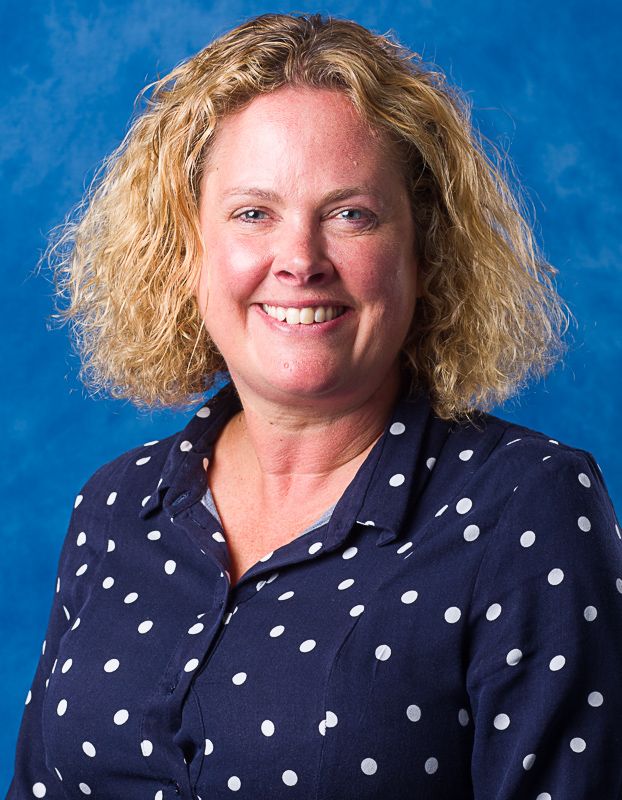Policies
- Bridge Academy Trust Policies
- Able and Talented Policy
- Accessibility Policy
- Admissions Policy
- Anti-Bullying Policy
- Attendance Policy
- Behaviour and Expectations Policy
- Careers Education, Information, Advice and Guidance (CEIAG) Policy
- Child Protection Policy
- Curriculum Policy
- Drugs and Alcohol Policy
- Lettings Fire Precautions & First Aid Provision
- Home School Agreement
- Mobile Phone Policy
- Prom Procedure
- Provider Access Policy
- Pupil Premium
- Relationship and Sex Education Policy
- School Closure - Remote Education Offer
- SEND Information Report
- Student Equality Statement
- Supporting Students with Medical Conditions Policy
- Transgender Student Inclusion Policy
- Teaching, Learning and Assessment Policy
- Uniform Policy


Mrs Melanie Townsend
Designated Safeguarding Lead


Mrs Rebecca Ketley
Deputy Designated Safeguarding Lead


Ms Caroline Watson
Deputy Designated Safeguarding Lead


Miss Katie Murdoch
Deputy Designated Safeguarding Lead


Mrs Melanie Townsend
Designated Safeguarding Lead


Mrs Rebecca Ketley
Deputy Designated Safeguarding Lead


Ms Caroline Watson
Deputy Designated Safeguarding Lead


Miss Katie Murdoch
Deputy Designated Safeguarding Lead
Notley High School & Braintree Sixth Form fully recognises its responsibilities for child protection.
Policy Aims
Our policy applies to all staff, governors and volunteers working in the school. We are committed to:
- Ensuring we practise safe recruitment in checking the suitability of staff and volunteers to work with children.
- Raising awareness of child protection issues and equipping children with the skills needed to keep them safe.
- Developing and then implementing procedures for identifying and reporting cases, or suspected cases, of abuse.
- Supporting students who have been abused in accordance with his/her agreed child protection plan.
- Establishing a safe environment in which children can learn and develop.
We recognise that because of the day-to-day contact with children, school staff are well placed to observe the outward signs of abuse. The school will therefore:
- Establish and maintain an environment where children feel secure, are encouraged to talk, and are listened to.
- Ensure children know that there are adults in the school whom they can approach if they are worried.
- Include opportunities in the Personal, Social and Health Education (PSHE) curriculum, such as via Personal Development lessons and the tutor and assembly programme for children to develop the skills they need to recognise and stay safe from abuse.
We will follow the procedures set out by the Local Safeguarding Children Board (LSCB) and take account of guidance issued by the Department for Education.

